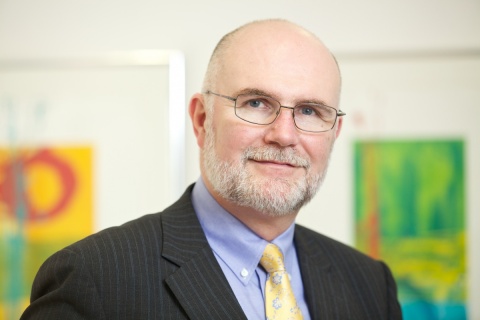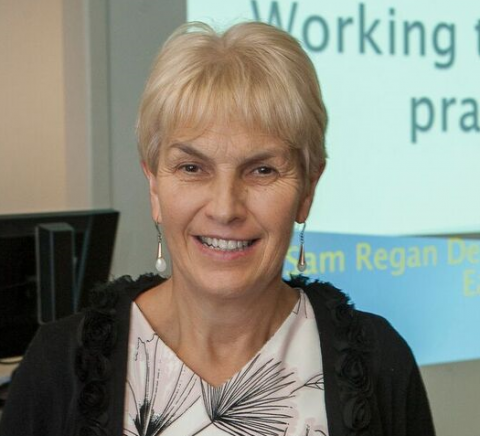Article • Education
The UK will train more doctors
The British government has pledged to increase the number of places available at United Kingdom medical schools by 25 per cent by 2018 in a bid to boost the number of home-grown doctors within the National Health Service (NHS).
Report: Mark Nicholls

Presently, a quarter of the 150,000 NHS doctors were trained outside the UK but the move is designed to see the country become ‘self-sufficient’ in training doctors with medical school places rising from 6,000 to 7,500 a year.
The announcement, made by Health Secretary Jeremy Hunt at the annual Conservative Party conference, came in the aftermath of Britain’s decision to leave the European Union, sparking fears that it will become harder to recruit doctors from overseas in future.
It was also made against a backdrop of a long-running dispute between the British government and junior doctors over working conditions, which has seen young doctors taking strike action.
With an estimated nine per cent of UK doctors also due to retire within five years, Mr Hunt said: ‘We need to prepare the NHS for the future, which means doing something we have never done properly before - training enough doctors. Currently a quarter of our doctors come from overseas. They do a fantastic job and we have been clear that we want EU nationals who are already here to stay post-Brexit.
‘But is it right to import doctors from poorer countries that need them while turning away bright home graduates desperate to study medicine?’
We desperately need more doctors, particularly with the Government plans for further seven-day services, but it will take a decade for extra places at medical school to produce more doctors.
BMA council chair Mark Porter
However, as medical degrees take five years to complete, it will be 2024 before the impact of these extra places is felt.
The rise in training places will cost £100m from 2018 to 2020 but, in the long-term, the government hopes to recoup money by charging foreign students more than it does now.
In addition, medical students will be expected to work for the NHS for at least four years - or face penalties that could include them having to repay the cost of their training, which currently stands at £220,000 to the taxpayer over the five-year medical degree course.
However, the British Medical Association – which represents NHS doctors – said the plan would not prevent the NHS from needing to recruit overseas staff and urged the government to tackle the causes of the workforce crisis, such as extra workload, demoralised staff and lack of funding.
BMA council chair Mark Porter said: ‘This announcement falls far short of what is needed. The Government’s poor workforce planning has meant that the health service is facing huge and predictable staff shortages.
‘We desperately need more doctors, particularly with the Government plans for further seven-day services, but it will take a decade for extra places at medical school to produce more doctors.

This initiative will not stop the NHS from needing to recruit overseas staff. International doctors bring great skill and expertise to the NHS. Without them, our health service would not be able to cope.’
The Patients Association in the UK welcomed the plans to drive up the number of British doctors working in the NHS. ‘One of the central quandaries in how the NHS can overcome the challenges it faces in 2016 and beyond is the need for more trained health and social care practitioners, including doctors,’ said the association’s Chief executive Katherine Murphy. It’s reassuring to hear the Secretary of State recogniMse that, at present, the demand is not being met and take action to solve this.
‘The Patients Association has always heralded the hard work and dedication of all staff that work in the NHS, wherever they trained, or whatever their nationality. But we also recognise the importance of giving opportunities to British students wanting to pursue a career in health, and the unique value this adds to our world-famous, great, British institution that is the NHS.’
30.03.2017





